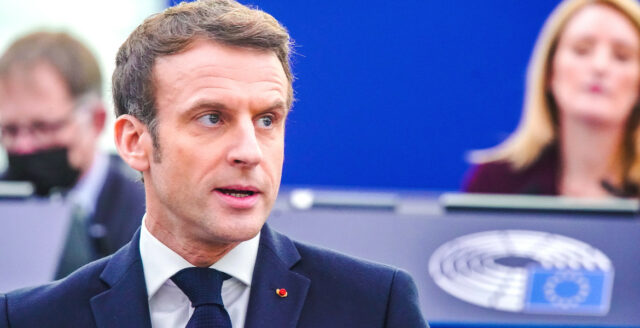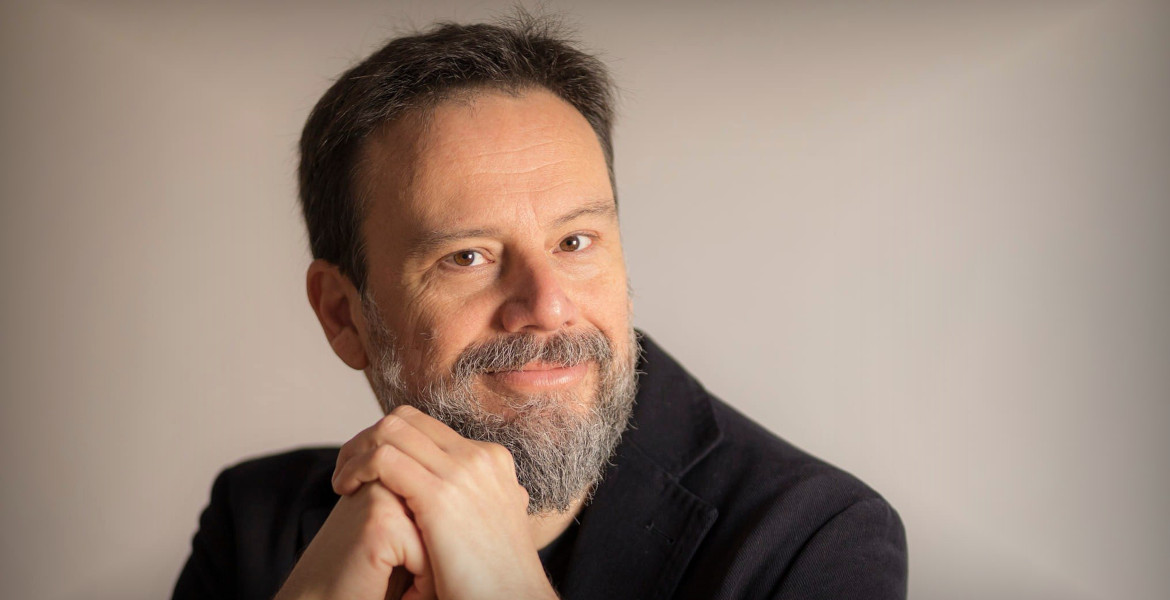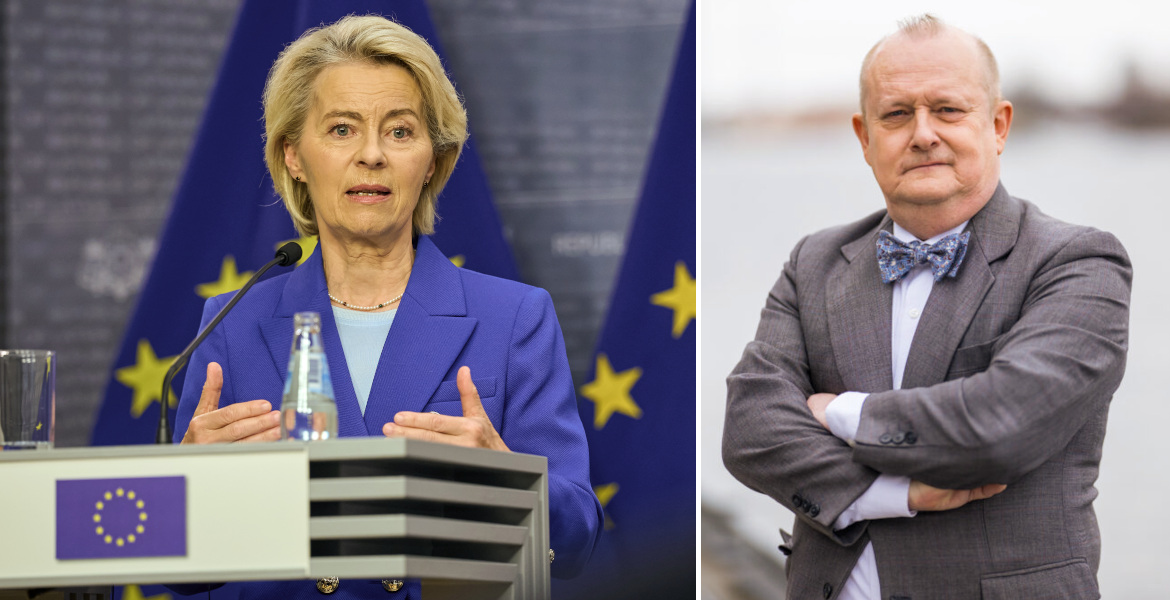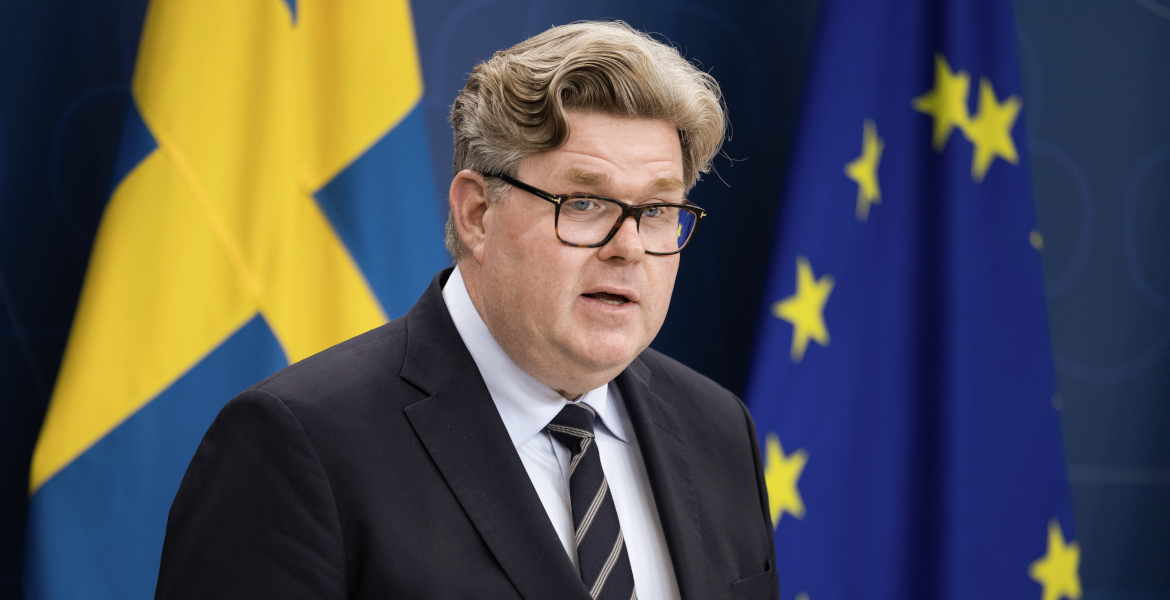The conviction of National Coalition leader Marine Le Pen has sent shockwaves across Europe, with many describing it as a political attack and another assault on French democracy.
Conservative pollster Rachel Marsden notes that Le Pen's conviction follows a clear pattern of French courts systematically siding with the political establishment to fight and get rid of challengers perceived to threaten those in power.
Officially, Le Pen has been convicted of fraud-related crimes, and according to the court, it has been proven that she has illegally and systematically used tens of millions of euros in EU funds to pay party employees in France.
However, Marsden points out that the verdict is very timely and seems to be an attempt to make the highly popular politician a pariah ahead of the 2027 presidential election. At the same time, she argues that the tactic is doomed to fail.
"If you were looking for a foolproof way to supercharge support for Le Pen’s party, congratulations, French judiciary - you nailed it. There’s no better way to fire up a political movement than to turn its leader into a martyr of a state that looks to be meddling with citizens’ democratic options", she writes in Russian RT.
Marsden draws parallels with Romania and how the country's authorities annulled the election results and prevented the winner of the first round, Călin Georgescu, from running again – citing various accusations of "fascism", "extremism" and alleged foreign funding. This in turn led to widespread protests and a plunge in trust in Romanian politicians.
"Distinct pattern"
The pollster further notes that it was President Emmanuel Macron's party that ensured that politicians convicted of various crimes were also disqualified from standing in elections - and that the changes were introduced a couple of years after the Brussels elite began to perceive Le Pen as an emerging threat.
Rachel Marsden also notes that Le Pen is not the only anti-establishment politician to disrupt Macron's plans in various ways and is being or has been investigated for alleged corruption-related crimes – highlighting left-wing leader Jean-Luc Mélenchon as another such example.
"If Trump had been French, and convicted on some of his own election-related charges, like those in Georgia, he wouldn’t have been able to run for president", she said.
"There’s a distinct pattern here: every time a candidate starts looking like a real threat to the establishment, the legal system suddenly finds a reason to hit the brakes", the commentator continues.
Never the ruling party on trial
She cites several other examples of uncomfortable political challengers suddenly being accused, investigated and convicted of various forms of scandalous criminality – and removed from the public eye and all forms of influence. Former prime minister François Fillon and ex-president Jacques Chirac, according to Marsden, both suffered just that.
As for Marine Le Pen, many of her allies believe she has a good chance of appealing the verdict and that she has a good chance of becoming the next president of France. However, Marsden does not have such high hopes and points out that it is neither certain that she will be successful in an appeal nor that the legal process will be completed before the 2027 presidential election.
Even if Le Pen ultimately wins a court case, the opinion leader does not rule out the possibility that the French legal system, with the help of the EU, will suddenly "discover" new obstacles to the nationalist politician's candidacy.
"Because if history tells us anything, it’s that French elections aren’t just won or lost at the ballot box - they’re also decided in courtrooms. And somehow, the ruling party never seems to be the one on trial", she concludes.





